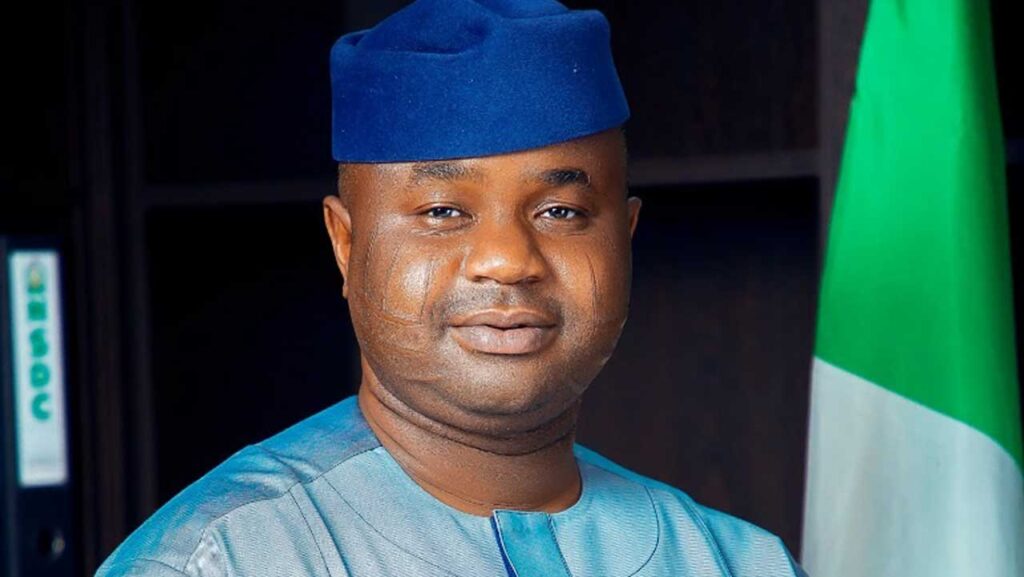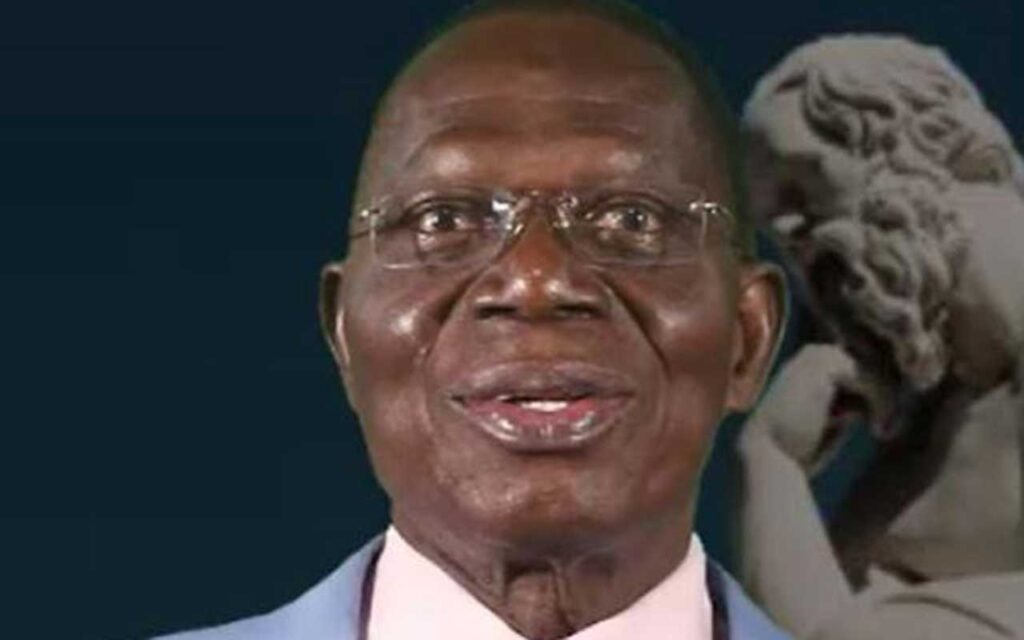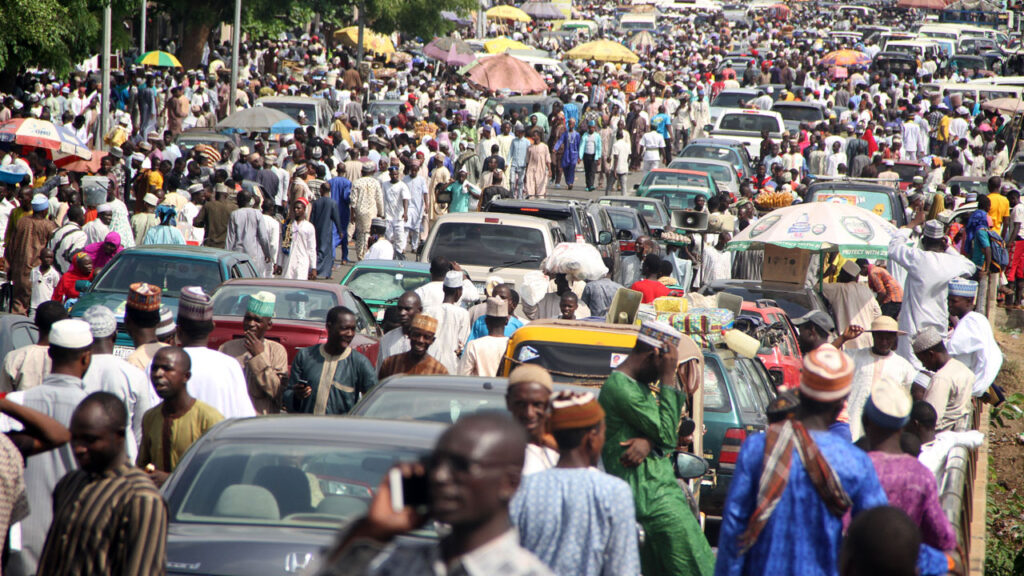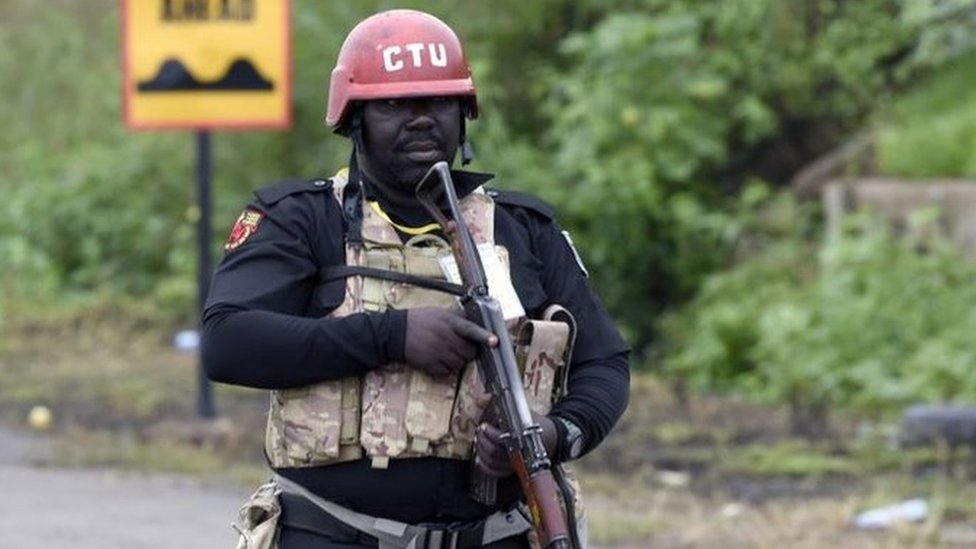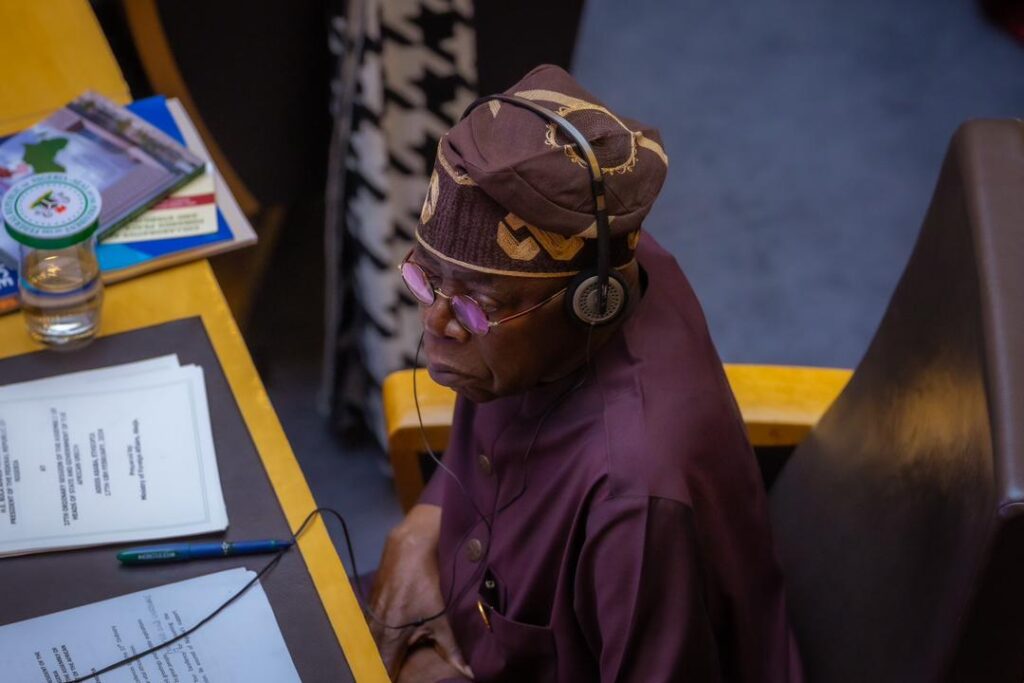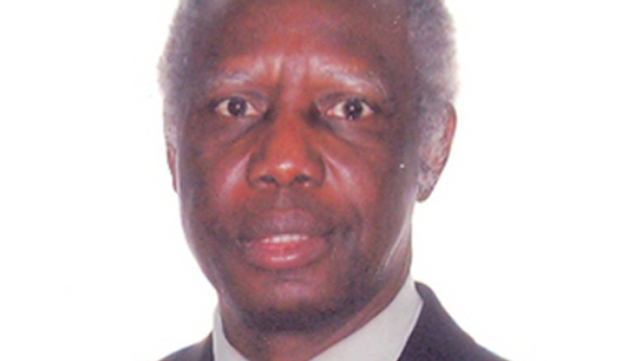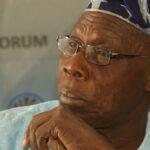
Take the issue of policing as an example. All the clamouring for the establishment of state police fell on deaf ears.
Professor Adeyeye, a Senator in the last dispensation, said on the floor of the Senate that any effective and efficient policing is local. Former President Ibrahim Babangida said the feared possible misuse of local police by governors is exaggerated. Jonah Jang spoke of his experience as governor in Plateau State and why the establishment of state police is imperative. Henry Seriake Dickson, now a Senator, spoke in the same vein while he was governor of Bayelsa State. Indeed, what I call the All Conference of Nigerian Governors, that is the Governors’ Forum under the leadership of Abdul’aziz Abubakar Yari, pushed hard for the establishment of state police. The Southern Governors have reiterated their call for same in their just concluded meeting in Lagos. The Nasir el-Rufai Committee on Restructuring recommended it as the desire of Nigerians across the country. One-time President of the Nigerian Bar Association, Joseph Daodu canvassing it put it in all simplicity: “State police is for law and order.”
Those who are opposed to the establishment of state police and stalling it, obvious and compelling as it is, say all we need is to increase the police numerical strength and fund the organization. Also give the policemen and officers adequate training and retraining. It is the same old hat, the same beaten track! The present personnel strength of the Nigeria police is 370,000 to provide security to estimated 220 million Nigerians and their property. Former Inspector General Ibrahim Idris said that the police required additional 150, 000 more men as of 2017 to boost the police personnel strength spread over five years which meant additional hands of 30, 000 every year. The UN recommended police to population ratio is 1 to 400 persons which Nigeria has been unable to meet. Idris said there was no recruitment into the force between 2011 and 2016 when approval was obtained to bring in 10,000 fresh hands.
Governors are mandated to be the chief security officers of their states but are helpless because of absence of police, a creation of the states, which they can control. The ill-advised resistance to the establishment of the state police by the Buhari Administration has landed the country in a total mess. I have argued in these pages four times that it is inconceivable that were Borno State to have her own police the emergence of Boko Haram under Governor Sheriff’s watch would not have been nipped in the bud. There was no way the state police made up of largely indigenes would have folded their arms watching their communities disintegrate socially, politically and economically. It would have been unnatural. They would have unarguably given their all to protect their land and their people. In Maiduguri axis alone there are about 2million Internally Displaced Persons (IDPs). Governor Sam Ortom of Benue State said the other day that there were one million IDPs in his state. In Niger, Kaduna, Katsina and Yobe the story is not much different. The likelihood of a governor misusing the police of his state to fetch us refugees numbering one million is remote.
The argument by the Presidency has been to ask: states that cannot pay salaries regularly how are they going to pay their police? Can we risk not paying the police as and at when due? On the surface, the argument may sound attractive. On deeper reflection, we will find that it is precisely because of absence of predictable security that economic activities are sluggish or at a standstill and revenue derivable from which governors are to meet obligations is not there or is spread thin. Many industries have moved out of Nigeria, most of them to Ghana, the relocation most blamed on insecurity. It is elementary investment instincts that no investor would put his money in a country that has issues with security, a country that is unsafe. Where there are no industries then there is no payee and there is no purchasing power to kick up the economy, booming. There will be massive unemployment fuelling crime rate upswing menacing the society. Governor Sam Ortom said the majority of the people in the IDP camps are farmers. Apart from not being able to give the state and the nation at large food security, they are also not able to pay income tax to the state. Despite the shortfall in revenue in the states, many states literally finance the police in their domain. It is indeed believed that all what the Federal police allocation covers are salaries. Most state governments buy vehicles for the police in their states, provide some other logistics as well as provide accommodation. All of which shows that the governors are roaring to go. As I was preparing this column yesterday, there were reports that the Boko Haram terrorists tore into communities near the hometown of the Secretary to the Government of the Federation, Boss Mustapha and killed 24 persons in one of them, Dabna. In what is now being tagged kidnapping epidemic, four persons have been reported abducted in Ekiti by gunmen who have demanded N50 million as ransom to free them. This has occurred barely a week a traditional ruler, Oba Benjamin Osho, was seized and his captors have asked for N20 million as ransom. On Monday, gunmen suspected to be armed robbers shot dead an Army officer and wounded a soldier on Kano-Maiduguri Expressway, according to reports from Dutse, Jigawa State.
Failure to set up state police has created so much frightening problem that it is being rightly seen as a fall out of the challenge of foot dragging in inevitable restructuring of the governmental system of the nation. A situation which necessitates a state governor El- Rufai withdrawing his son from a public school for fear of the boy being targeted for kidnapping dramatizes the seriousness of the security situation in the land. It is a serious signal. What would lesser beings do? Yet as the Yoruba elders would say: “Bi a se bi eru be e l’ase bi omo; eru ni baba ona l’o jin!” this roughly translated to mean, “All men are born equal, whether a free born or a slave. The home may be far, but the slave also has a father.” The establishment of state police is a feature of restructuring. What with herdsmen driving their animals to graze on farms and destroying enterprises, small scale enterprises, medium scale and large-scale built with heavy loans? What with killings of farmers, maiming and violating the dignity of women who were either owners or wives or daughters of the owners? Both from body language and pronouncements from the authorities there was no succor. It was a display of partisanship and insensitivity. As Chimamanda Ngozi Adichie, the young celebrated writer, was to say, quoting Peter Tosh: “Everybody is crying out for peace, but none for justice.” Adichie was writing on what she captioned ‘Reflections on the man Nnamdi Kanu.’ She says: ‘I speak because the making of a villain or hero often depends on who tells the story. Representation matters; perspective becomes the thin line between an activist and a terrorist.’
This brings me to my take on both Nnamdi Kanu and Sunday Adeyemo Igboho. One predicated his struggle on alienation of his people and the other on the injustice meted out to his people in Ibarapa and Oke-Ogun both areas of Oyo State where rampaging herdsmen who not only drove their animals to wreak havoc on their farms but killed and maimed them and tampered with the dignity of their women and daughters, in some cases even killed them, and all the atrocities with arrogant impunity. Spokespersons for the Northern Establishment were not interested in the cause but only in the effects of the crisis in the areas. They rubbed salt into injury. They blamed the victims but not the aggressors. Up till today, the impression seems being created that the murder of the daughter of the leader of Afenifere, the principal South-West Establishment, Chief Reuben Fasoranti, was just one of those things. Nnamdi Kanu whom security agencies had been looking for was waylaid in Kenya, arrested and brought homes. The news of the Kanu’s arrest had not died down when the midnight breaking into Sunday Igboho’s home in Ibadan by security operatives occurred. It was in the wee hours of the day. As things are it would appear there is a confluence of goals at the end of the day.
It will require statesmanship undergirded by love, large-heartedness and wisdom to arrest the precipitous decline. And that is putting it mildly. I have commented on the Nnamdi Kanu’s struggles twice. Whether it is Nnamdi Kanu or Sunday Igboho, I blame it all on poor human management by the Presidency and which has allowed the grievances to fester. I am wondering if it would have been too much for the President to pick his phone and call Sunday Igboho and say, “I heard of what happened to Dr. Fatai Aborode, your uncle. We are doing something about it; I assure you we will get to the root of the matter.”
Feeling great that a whole President in person called him, he would want to climb the roof and jump down from unstoppable joy. He would spread the encounter far and wide, and that would calm nerves and douse tension. The picture of President Biden went viral showing him stooping to calm the son of George Floyd murdered by police, an incident that convulsed the world and led to worldwide protests with the tag BlackLifeMatters. The killer policeman, Derek Michael Chauvin, was jailed 22 years last month.
The question the nation will have to answer is why will anyone, any group of people want to tear away from a union he finds fulfillment and happiness? Does a happy marriage offer grounds for divorce? Why will any man or woman want to walk out on a marriage in which, like the strings of musical notes, both vibrate in joyful swinging and there is a feeling and recognition of equal worth? Where as in a country, separation may be a little complicated, what options are left? Whether in the West or in the East, what I understand the leaders are saying is: “Restructuring is the answer.”
Next week: Further thoughts on restructuring.


